
About Kenya’s History. HistoryKE on FB, https://t.co/eJx3qqX46b on IG. Images may be subject to copyright.
59 subscribers
How to get URL link on X (Twitter) App


 However, there was arguably as much action in other parts of Kenya, including Victoria Nyanza, Kericho and Maasailand.
However, there was arguably as much action in other parts of Kenya, including Victoria Nyanza, Kericho and Maasailand. 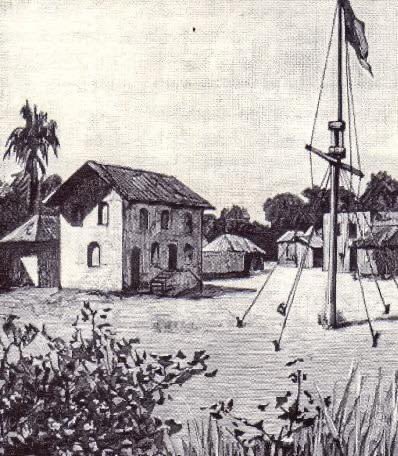
 The fact that they were heavily armed and spent much of their spare time engaged in military exercises led the Witu Sultan, Fumo Bakari, to fear that the foreign force was about to stage a coup.
The fact that they were heavily armed and spent much of their spare time engaged in military exercises led the Witu Sultan, Fumo Bakari, to fear that the foreign force was about to stage a coup. 

 The Kirigiti rally had been organized by local (Kiambu) and Kenya Africa Union (KAU) leaders led by Waruhiu and Jomo Kenyatta respectively, to denounce Mau Mau.
The Kirigiti rally had been organized by local (Kiambu) and Kenya Africa Union (KAU) leaders led by Waruhiu and Jomo Kenyatta respectively, to denounce Mau Mau.
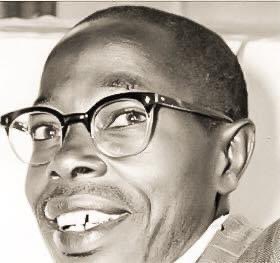
 During the trial, Rawson testified that Mzee was his Mau Mau oath administrator. He also gave detailed descriptions of how the oathing itself was carried out.
During the trial, Rawson testified that Mzee was his Mau Mau oath administrator. He also gave detailed descriptions of how the oathing itself was carried out.
 Today, this is the area we generally call Dagoretti.
Today, this is the area we generally call Dagoretti. 
 Actually, the Agîkûyû had a name for this tax. They called it Igooti Rîa Nyondo, which literally translated to “Breast Tax”.
Actually, the Agîkûyû had a name for this tax. They called it Igooti Rîa Nyondo, which literally translated to “Breast Tax”.
 Let us focus on Elijah Masinde, who broke out earlier than the rest.
Let us focus on Elijah Masinde, who broke out earlier than the rest. 
 According to veteran historian Prof. Bethwel Ogot, by causing the creation of political mouthpieces in the grassroots for Africans, the colonial administration hoped to isolate and undermine the Mau Mau movement.
According to veteran historian Prof. Bethwel Ogot, by causing the creation of political mouthpieces in the grassroots for Africans, the colonial administration hoped to isolate and undermine the Mau Mau movement.

 Cowie offered the military from his team a significant number of rangers and professional trackers, arguing that they could far better than ordinary security forces track fighters hiding in the Aberdares and Mt. Kenya forests. The government took up the offer.
Cowie offered the military from his team a significant number of rangers and professional trackers, arguing that they could far better than ordinary security forces track fighters hiding in the Aberdares and Mt. Kenya forests. The government took up the offer.


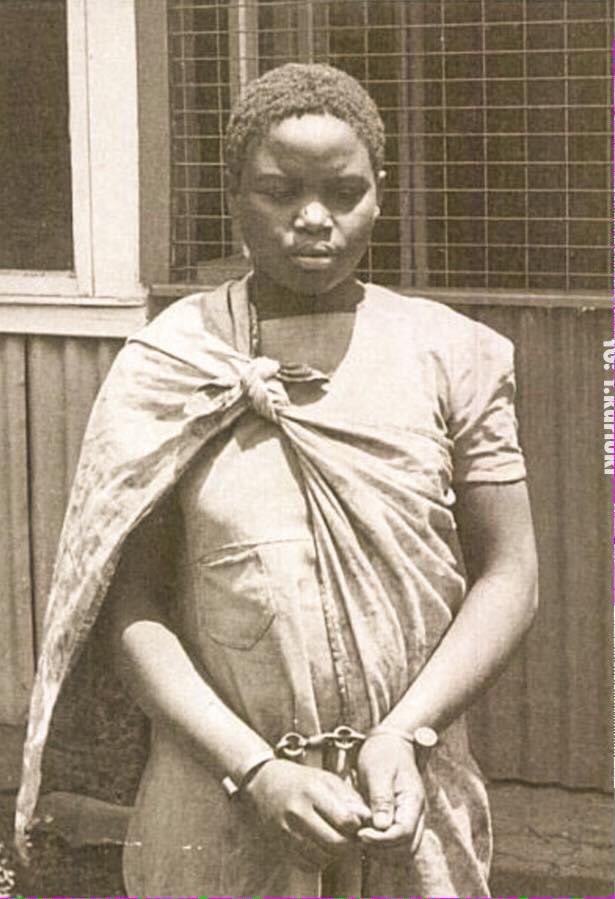 Kariba was convicted and hanged by colonial authorities in 1955.
Kariba was convicted and hanged by colonial authorities in 1955.

 In Parliament, outspoken Rift Valley MPs Koigi Wamwere and Jean Marie Seroney hailed the move by Moi to release the detainees.
In Parliament, outspoken Rift Valley MPs Koigi Wamwere and Jean Marie Seroney hailed the move by Moi to release the detainees.

 He would make a return to central Kenya in 1904, this time accompanied by his wife, Katherine.
He would make a return to central Kenya in 1904, this time accompanied by his wife, Katherine.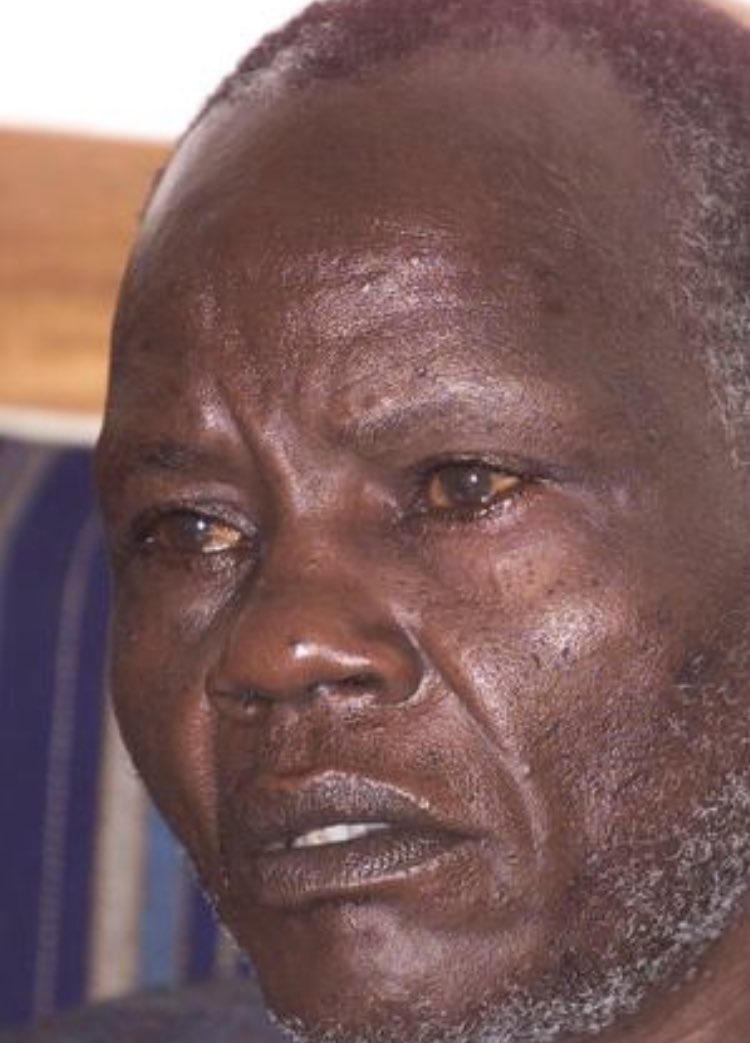


 But even before he reached the age of 29, Mboya was a widely travelled leader. At the age of 28, and by virtue of being Chair of All-African People's Conference, Mboya visited the United States in 1959 on a five-week tour.
But even before he reached the age of 29, Mboya was a widely travelled leader. At the age of 28, and by virtue of being Chair of All-African People's Conference, Mboya visited the United States in 1959 on a five-week tour.

 Although Mzee Kenyatta was the Prime Minister, he didn’t jail Mwariama for “holding illegal meetings with Mau Mau fighters…”
Although Mzee Kenyatta was the Prime Minister, he didn’t jail Mwariama for “holding illegal meetings with Mau Mau fighters…”

 On 14th May 1954, the British newspaper Daily Telegraph ran a headline:
On 14th May 1954, the British newspaper Daily Telegraph ran a headline:
 Perhaps looking for “safety in numbers”, the settlers pressured him to have the settler colony declared by London “White Man’s Country”.
Perhaps looking for “safety in numbers”, the settlers pressured him to have the settler colony declared by London “White Man’s Country”.
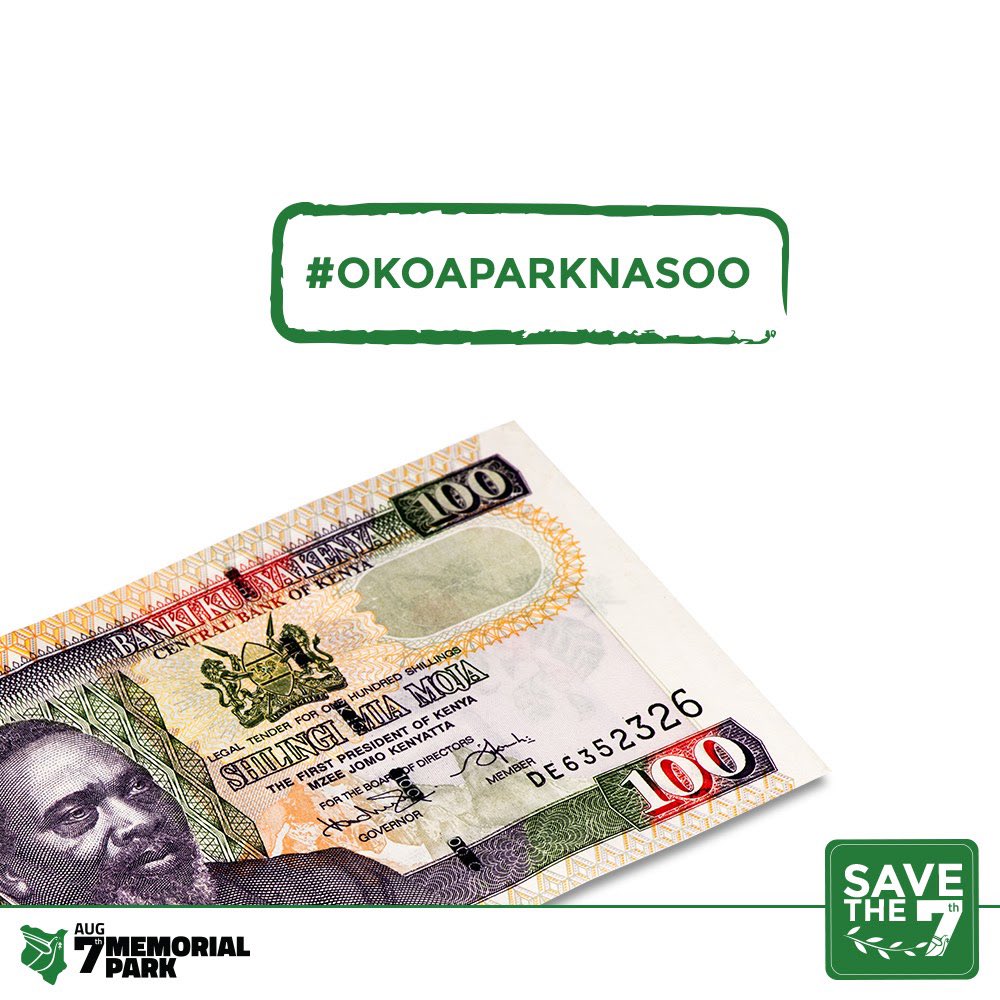
 Intended to rely on gate fees and occasional support from local and foreign governments, Nairobi’s August 7 Memorial Park is facing permanent closure.
Intended to rely on gate fees and occasional support from local and foreign governments, Nairobi’s August 7 Memorial Park is facing permanent closure. 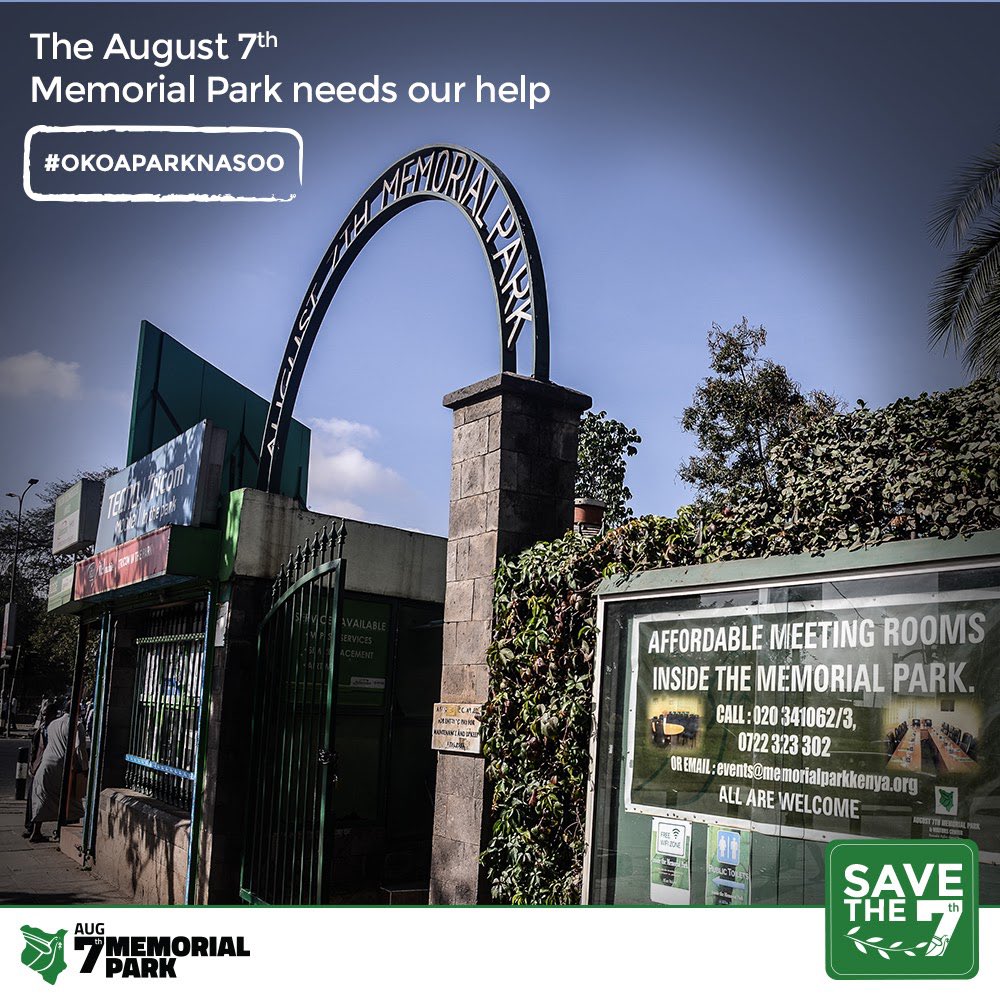

 In the photo above, which was taken in the late 1890s, the then Liwali (Governor) of Mombasa, Salim bin Khalfan, is seated third from left.
In the photo above, which was taken in the late 1890s, the then Liwali (Governor) of Mombasa, Salim bin Khalfan, is seated third from left.